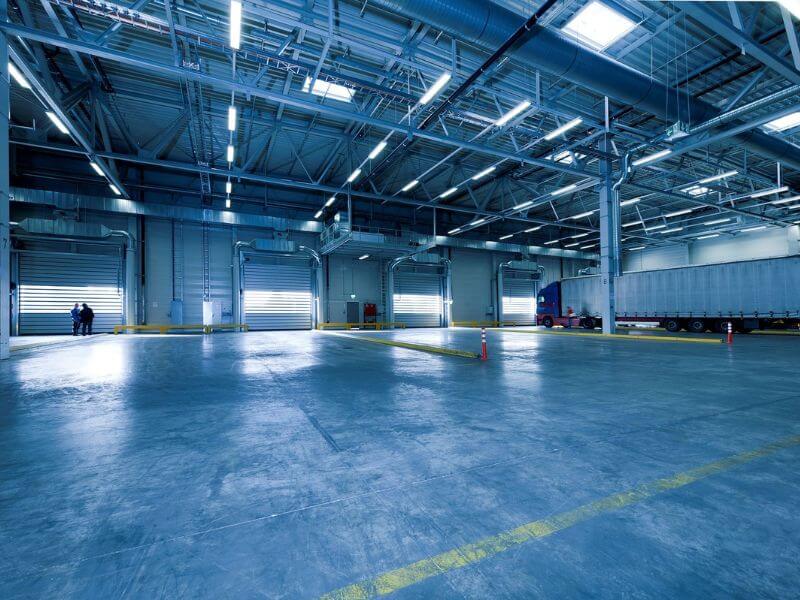5 main differences between own and external warehouse 3PL service
Table of Contents
Everything costs, but only the external partner is counting the costs.
Own logistics department typically does not count all costs. It is sometimes by neglecting certain costs, sometimes not knowing some, sometimes intentionally (to show lower costs of the function). There are several reasons. First of all logistics costs are spread among different depts. It is also very much historically driven, the structure of the company not necessary reflects the real split of function (cost should be related to function, not department). There is also no pressure to have a real picture. Once the logistics is part of the whole organization, it is financed from whole commercial margin, typically 30-40%, sometimes more, depends on the company. It is perceived as integral part of commercial process, where full process is measured and compared to commercial margin.
With external service warehouse it is different. Here cost is visible, it is full and real, because it is carefully calculated, all costs included. It is the added value of the external 3pl partner, who has experience and knows what should be included. He knows which costs to be included and how to calculate them.
Looking for a copacking partner?
Check our offer and contact us.
External 3pl partner does not accept mess.
And it very much helps the company. It helps to streamline your own business processes. It starts already, when the contract is negotiated. The external 3pl partner demands clear rules. It may seem troublesome, but in fact it helps you to optimize business processes. It is of course result of best practices, familiar to a partner working with many companies with different business models, but not only.
Typically the company is growing historically, not necessary adapting its structure and processes to changes in the business. With a time certain processes are not optimal any more, but everybody used to them and does not want to change. The external partner used to challenge them, on one hand based on best practices from other partners, but also just because is looking at them from external perspective.
External warehouse is forcing you to plan.
External 3pl partner always tries to save resources as much as possible (in a long run, also in your interest). It is just forced by market prices and competition. Saving costs it may mean, that sometimes their resources are not sufficient to the scale of business. But keeping them available and at ready, just in case, is expensive, in this case directly for you. Once it is a regular growth, the resources will increase as well, but most of the cases it is just temporary, seasonal or promotion driven short time fluctuation. Planning your operations in advance allows your external service warehouse plan its’ resources appropriately. By the very end will be cheaper to both sides. The disadvantage is it requires only a few moments to think forward and plan s good as possible.
You get a solution, instead of complains.
In a corporate environment, when something goes wrong, the most important thing is to find a guilty one. E.g. when you do not plan, your own logistics used to blame you. Even if rightly, it does not solve anything. As external partner signed an agreement, it must present the real life solution, even in its own interest. If the problem is not solved, the services cannot be provided.
Last but not least, the 3pl partner is focusing on business.
Your business, and much more than your own logistics dept. It is a paradox, at the first glance part of the company should work in favor of it. But the truth is it represents the interest of the logistics department. And it differs a lot. It tries to optimize the goal of logistics (typically transport and warehousing costs), even at the cost of interest of other departments and, respectively, whole company. On top of that it should imply its strict and very rigid rules to the rest of the company. It may help, but in most of the cases, it is binding the rest company dealing with not that predictable end customer and business partners. And here some flexibility would be recommended. As logistics is very predictable and based on mathematics, it used to be relatively well organized. This organization (perceived by the rest of the company as constrains) tries to impose on other depts. It could mean extra required documentation, large and seldom deliveries, optimization of transport usage. And all this irrelevant to the interest of the company. Logistics is also at the very end of the business process, so they can very much shape the business model. By the very end warehousing, same as transport are cheap, but the main business suffers.
Edyta Pogorzelska
Call us
Write a message

